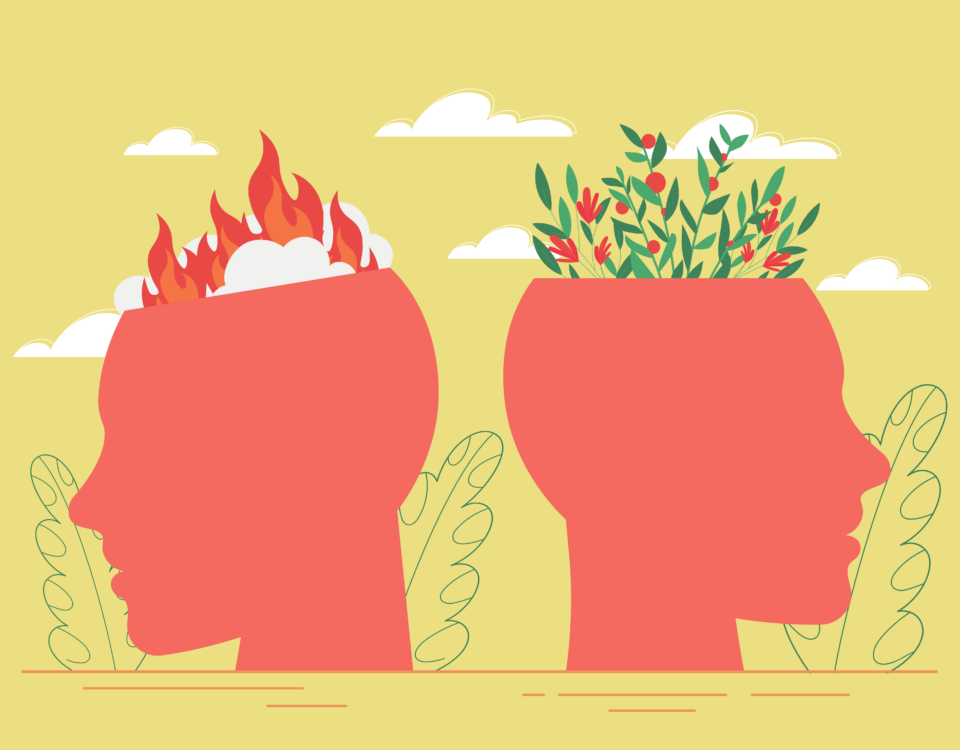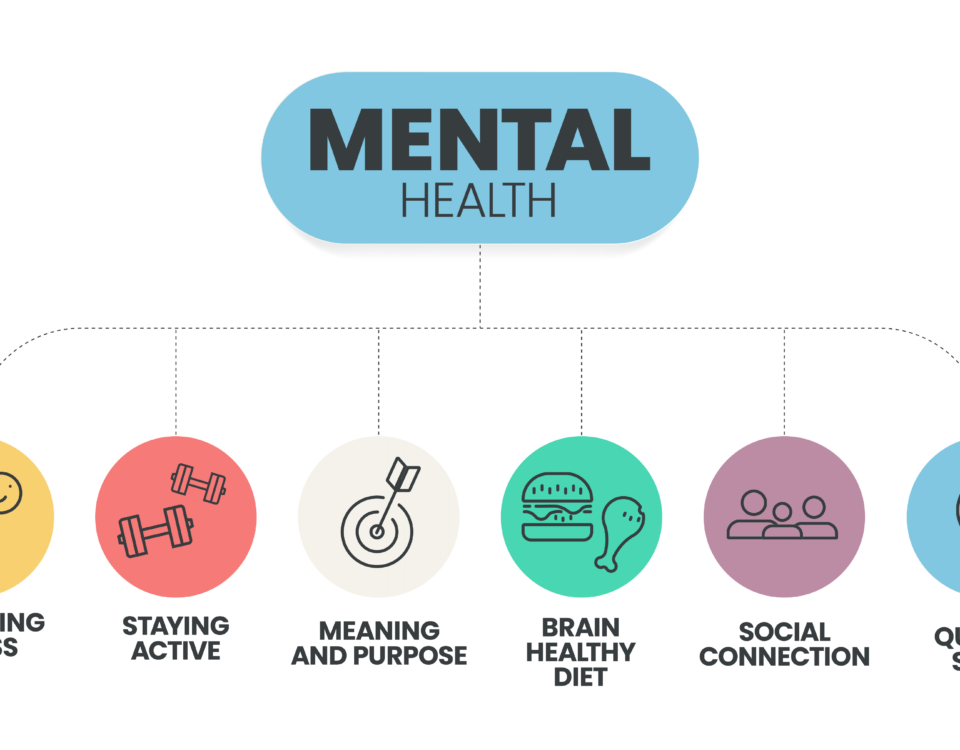Mental illness can occur for a variety of reasons.
Certain mental disorders may be hereditary while others may occur as a result of trauma or drug abuse. In any case, mental disorders are often linked to the production of certain neurotransmitters, especially dopamine. This neurotransmitter is known for activating pleasure and reward in the brain. But what happens if you don’t have enough dopamine? Our addiction and mental health treatment center in Pompano Beach has some answers.
What Is Dopamine?
Dopamine is a neurotransmitter that the body naturally produces and uses to carry messages from one nerve cell to another. It’s also known as the feel-good neurotransmitter because it’s responsible for the pleasure/reward system in the brain. In addition to pleasure and focus, dopamine affects several other physical and mental functions including:
- Thinking
- Learning
- Motivation
- Heart rate
- Kidney function
- Sleep
- Attention
- Alertness
- Pleasure
- Pain processing
- Movement
Because dopamine plays such a vital role in the body, too much or too little of it can result in severe physical and mental problems. Irregular levels of dopamine and mental illness have been linked to each other for decades. Usually, individuals who experience a severe dopamine imbalance require medication or residential mental health treatment.
Getting into treatment is easy with our free insurance verification
"*" indicates required fields
What Affects Dopamine Production?
Dopamine deficiency or overproduction can be caused by a variety of factors. Eating an excessive amount of saturated fats and sugar can prevent dopamine production, which may explain why a healthy diet often elevates mood. On the other hand, unhealthy behaviors like drug or alcohol abuse can dangerously increase dopamine production, increasing the risk of developing a mental disorder. This may also explain why dopamine and mental illness are also connected to addiction. Usually, individuals who abuse drugs that increase dopamine levels, like cocaine or heroin, may develop a mental illness.
At Banyan Treatment Centers, our mental health program addresses a variety of mental disorders and their symptoms. Our trained and licensed staff is dedicated to not only treating patients for their symptoms but also learning how to cope with their disorder in a healthy way.
How Does Dopamine Affect Mental Health?
While there is still plenty left to learn about dopamine and how it affects physical and mental health, what we do know points to a direct link between dopamine production and mental illness. Dopamine allows the brain to send messages between nerve cells, allowing the body to function properly. When these messages are blocked, they either return to the initial transmitter or become completely lost. Producing too much dopamine or not enough has been found to directly affect an individual’s mental health. Because this neurotransmitter affects functions like memory, sleep, learning, concentration, and movement, any sort of imbalance can drastically tip the scales and have dangerous repercussions.
Dopamine Related Disorders
Major Depressive Disorder
Major depressive disorder, commonly referred to as depression, is a mental disorder characterized by persistent feelings of depression or disinterest that prevent the individual from carrying out their daily routine. While casual moments of sadness are normal, feeling sad or empty to the point where it affects how you live your life may fall under the category of depression. Regarding dopamine, because it directly affects the pleasure-reward system in the brain, lacking enough dopamine can actually lead to depression.
Schizophrenia
Schizophrenia is a mental disorder that prevents a person from thinking, feeling, and behaving clearly. Rational thought is affected by this disorder, making it difficult for the person to live out a regular life. Disorganized thoughts or feeling out of touch with reality are normal for people who have schizophrenia. When dopamine levels are too high, symptoms like delusions and hallucinations may occur.
Attention Deficit Hyperactivity Disorder (ADHD)
ADHD is a disorder that prevents a person from concentrating or focusing properly or for long periods of time. This can make it difficult to work, learn, and study. While the specific causes of ADHD are unknown, dopamine is considered a possible contributor. Because dopamine plays such a big role in regulating emotions and concentrating on achieving certain rewards, lower levels of it may be a risk factor for ADHD.
Dopamine production and mental illness are so tightly linked because of the former’s role in so many physical and mental functions. While all mental illnesses are different, they should all be taken seriously. At our rehabilitation center, we focus on treating both substance abuse and mental health disorders.
If you or a loved one are struggling with an addiction or mental disorder, call us today at 888-280-4763 to learn more about our treatments and tips for maintaining long-term sobriety.
Related Reading:








